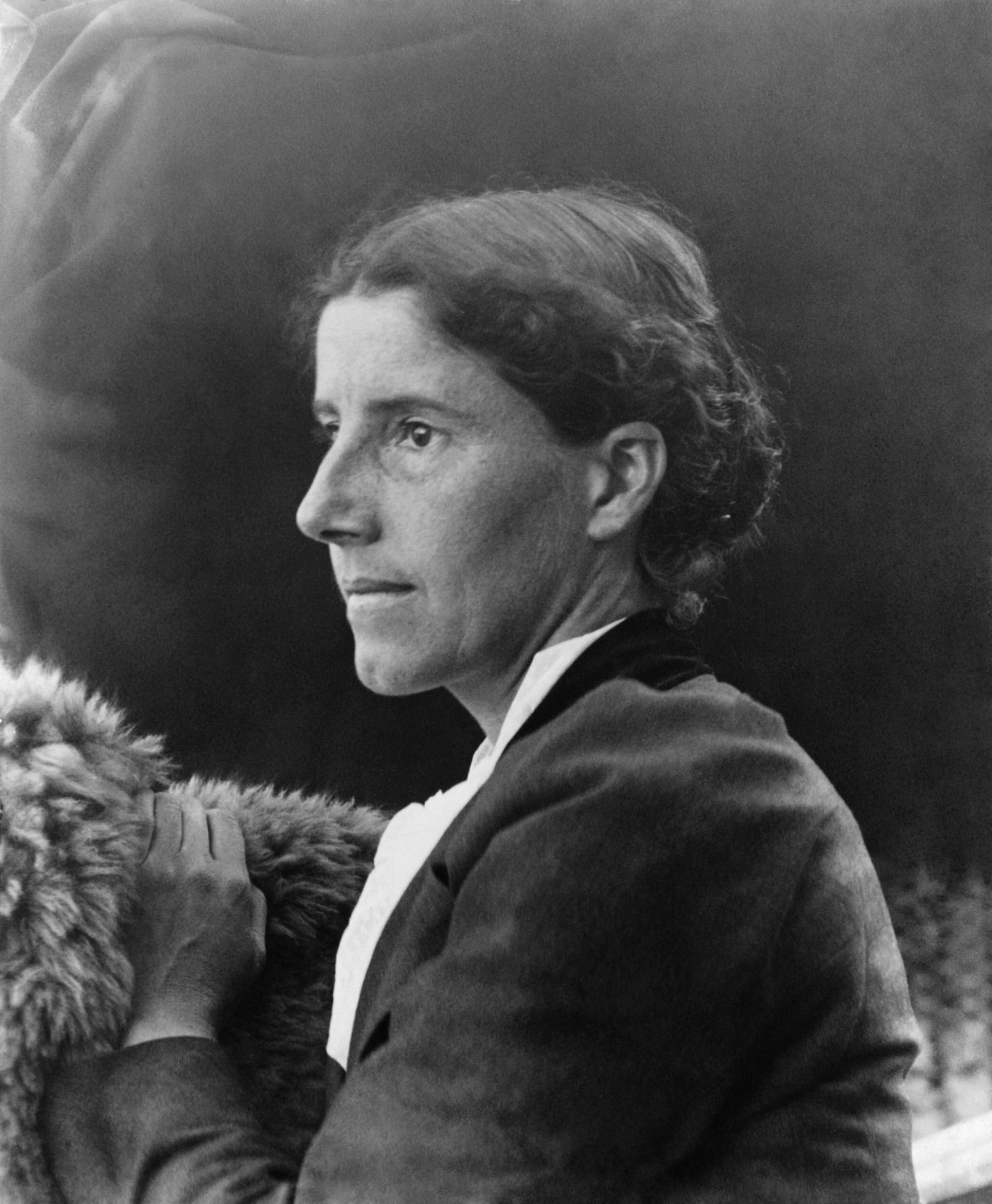Charlotte Perkins Gilman was many things: a writer, a feminist, and at times, fan of eugenics based on her staunch racism. Aside from her failings, Gliman managed to write a groundbreaking novel called Herland that went unnoticed until it gained popularity in the 1970's. First appearing as a serial in 1915, Herland is one of the first works of feminist Utopian fiction.
Three
young students set out to explore a legend shared by the locals of the foreign
country that they are residing in. The legend is of a hidden community
comprised solely of women. Since the three students are also young men, their
interest is more than piqued.
All
three men have different views on women, ranging from the extreme to the
sympathetic. Jeff is the biologist, and
an idolizer of women. The narrator, Van, stays neutral on most every subject as
a sociology major. Terry is a geologist, and straddles the line between
gentleman and chauvinist pig.
Before
they find out that the legend of Herland is indeed true, the three men surmise
on what sort of civilization could arise if maintained by only women. Their
prejudices and sexist views come to the fore during these discussions; “We
mustn’t look to find any sort of order and organization […] Also we mustn’t
look for inventions and progress; it’ll be awfully primitive.” (p. 8-9).
The
civilization the three men discover is far beyond anything they could have
imagined. Herland is a beautiful country, with gardens and forests that are
carefully tended to yield the most food (there is no room for crops or cattle
in Herland's tiny strip of territory). Men are nowhere to be found. In fact,
the arrival of Terry, Jeff, and Van mark the civilization’s first sighting of
men in two-thousand years.
Though
Herland is not a distant planet, it might as well be for the all the
differences Van takes note of in his journal. At first, Van believes his
‘world’ to be more advanced, but as he learns more and more about the women of
Herland, he becomes ashamed at the state of his world in comparison to their
paradise.
Many
notions of femininity come into question in this short novella from Charlotte
Perkins Gilman. The women of Herland keep their hair cropped short, wear
clothes free of adornment, are intelligent, and work hard doing things that the
three men considered only for men. Not every woman is young, giggling, and
beautiful: [Van’s perspective]- ‘Woman’ in the abstract is young, and, we
assume, charming. […] Most men do think that way, I fancy.” (p. 21). By the end
of the story, Van and Jeff come to see that Terry’s view about women is
entirely wrong, that indeed all their thoughts about women are entirely based
on their society’s perception of gender roles.
Gilman, Perkins,
Charlotte. Herland. New York:
Pantheon Books, 1979. Print.


No comments:
Post a Comment